Personal Crisis Support
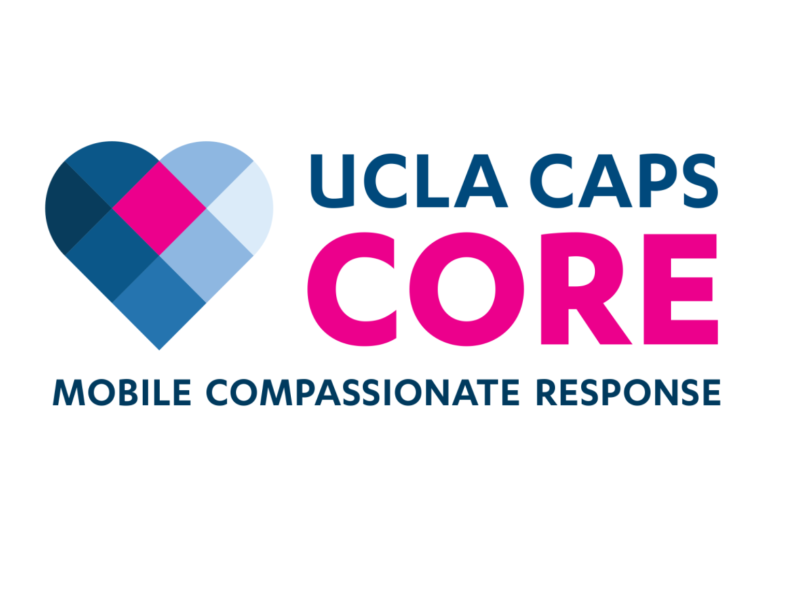
CORE (CAPS Mobile Compassionate Response)
COmpassionate REsponse (CORE) team is a new CAPS program that will provide mental health response to students in crisis on campus. The CAPS CORE Clinicians can deliver behavioral health wellness checks, crisis support, and intervention services to registered UCLA students within the perimeters of the Westwood campus.
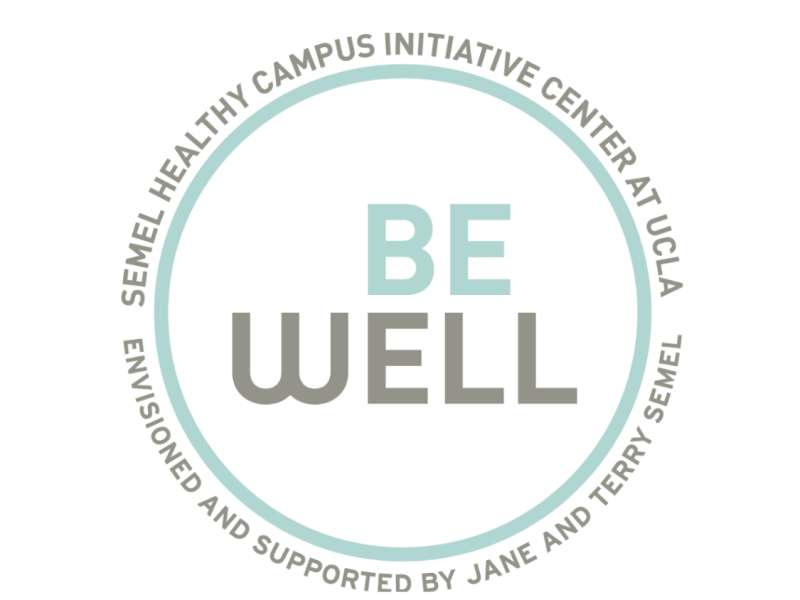
UCLA Semel HCI: Fire Disaster Resource List
The Semel Healthy Campus Initiative Center provides access to important documents and resources related to the 2025 Los Angeles fires, including emergency response plans, evacuation procedures, and safety guidelines for students, faculty, and staff.
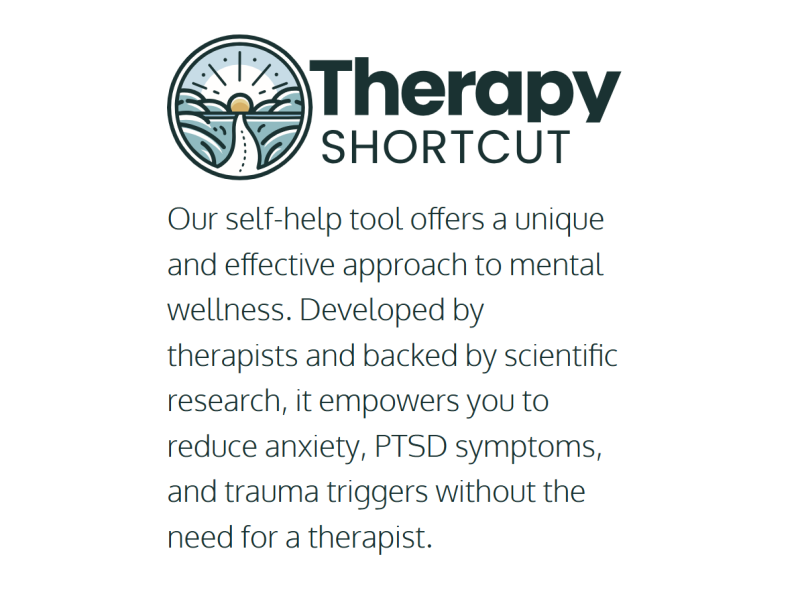
Therapy Shortcut: LA Fires Support
This evidence-based self-help tool was designed by licensed therapists to help with anxiety, trauma & PTSD. If you have been effected by the LA fires, Therapy Shortcut is offering 6 months of Therapy Shortcut for free.
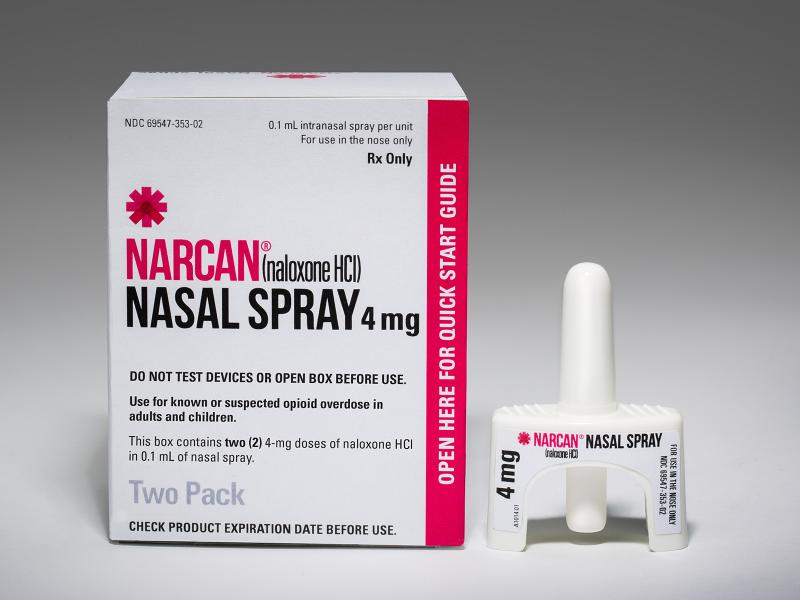
UCLA Narcan Distribution Project
The UCLA Narcan Distribution Project is committed to providing students and staff with free access to Narcan (the brand name for the generic medication naloxone), an easy-to-use, life-saving medication used to treat opioid overdoses. The program aims to help lower the occurrence of opioid-related overdoses, reduce the stigma surrounding substance use, and to promote a safe and healthy UCLA community.
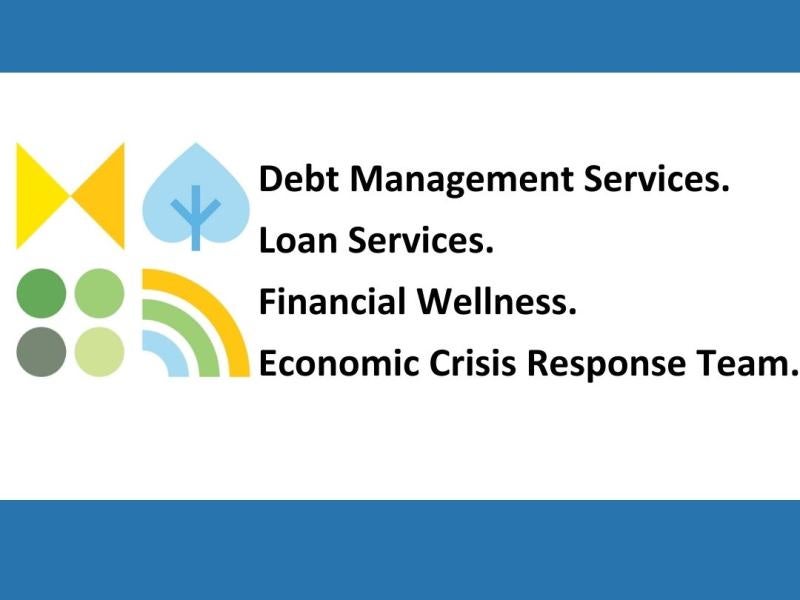
Financial Education, Loan and Support Services (FELSS)
UCLA's Financial Education Center also known as FELSS is where you can expand your knowledge and competency in financial literacy. Our goal is to teach you the basics of how money works by offering multiple channels to access financial learning resources. This includes education on how to pay your bills, how to borrow and save money responsibly, and how and why to invest and plan for retirement. Your journey begins here!
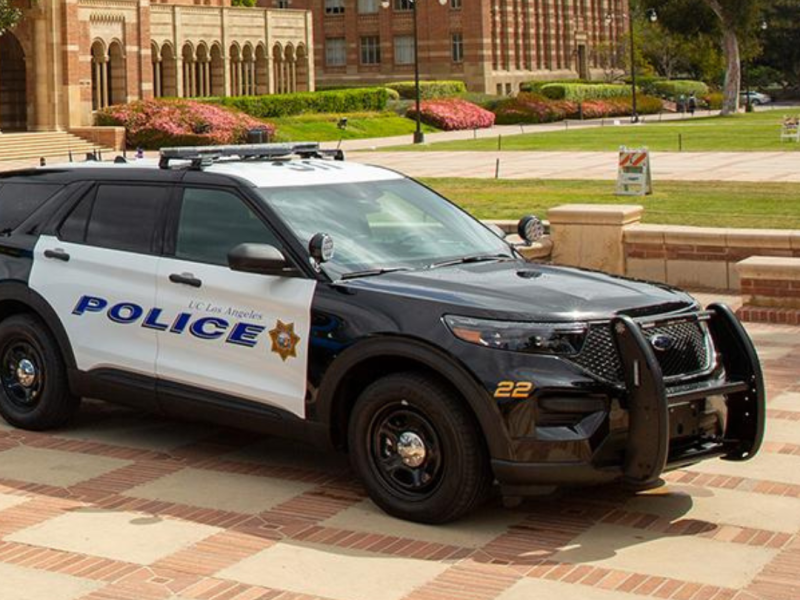
UCPD 24 Hour Dispatch Line
The UCLA Police Department Communications Center is staffed 24 hours a day by trained public safety dispatchers. The dispatchers receive calls from 9-1-1 and the non-emergency business lines, and assign police officers, firefighters, paramedics/EMTs, CSOs and parking enforcement officers as appropriate. Crimes occurring on the UCLA campus can be reported in person or by calling the UCLA Police Department any time of the day or night.
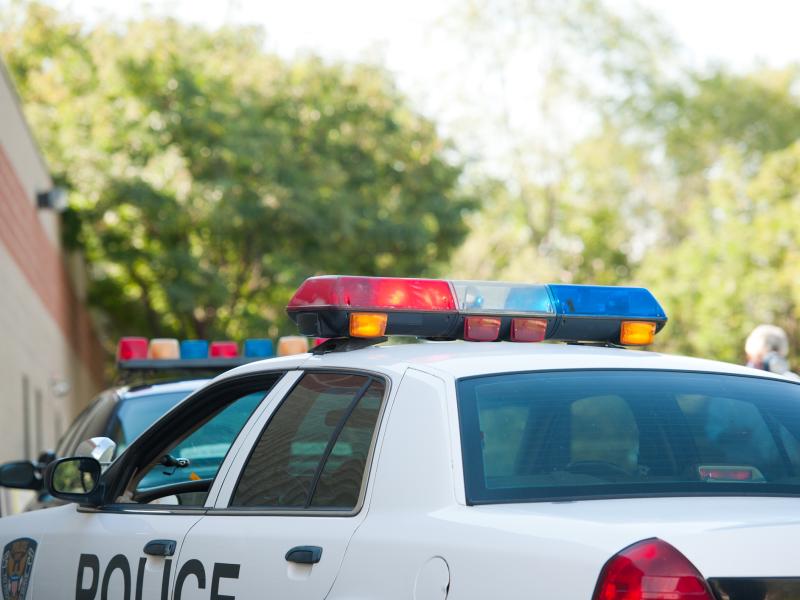
UCLA Police Department (UCPD)
The UCLA Police Department is a leader in providing progressive law enforcement services to a culturally diverse urban campus and its surrounding community. UCPD is dedicated to providing a safe and secure environment for teaching, research and public service. The department does this through patrol, rapid response to calls for service, investigations, education and implementation of preventative strategies. The work of the UCPD, grounded in a community policing philosophy, utilizes campus partnerships as the most effective approach for insuring a safe campus.
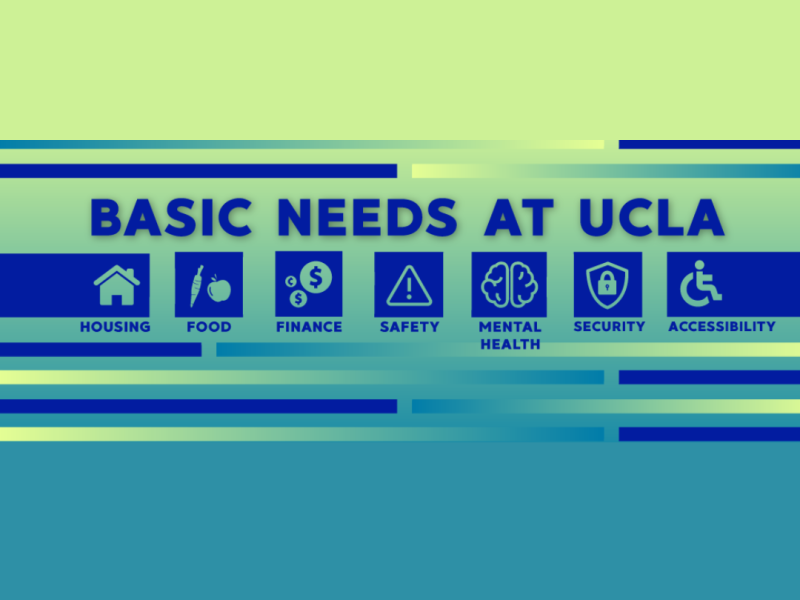
UCLA Basic Needs
UCLA Basic Needs aims to eliminate student hunger and homelessness, believing every student should not have to sacrifice their health and nutrition in pursuit of their degree. For more than one decade, UCLA Basic Needs has served as a lead advocate for food justice. Campus and community members are invited to join the effort to combating food and housing insecurity.
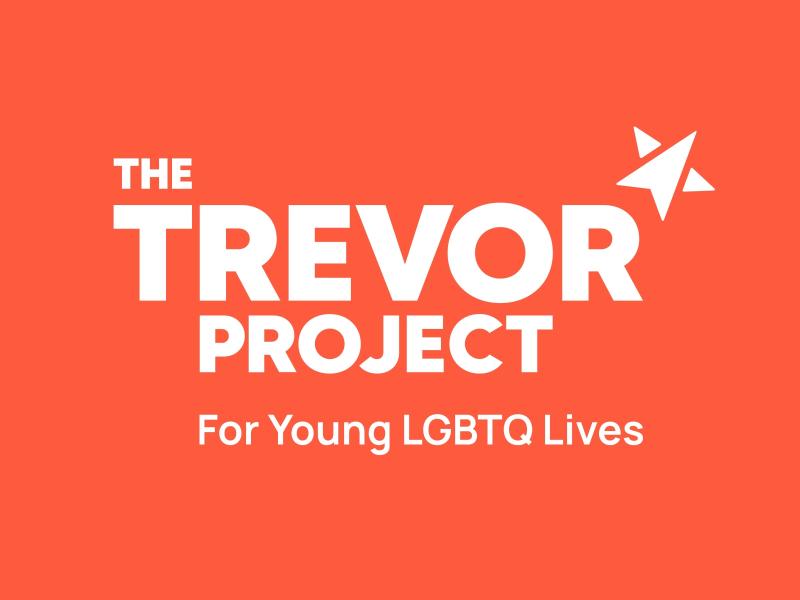
The Trevor Project
The Trevor Project is the world’s largest suicide prevention and crisis intervention organization for LGBTQ (lesbian, gay, bisexual, transgender, queer, and questioning) young people.

Spanish Speaking Psychosocial Clinic
The Spanish Speaking Psychosocial Clinic (SSPC) provides socio-culturally competent, comprehensive mental health services to the Latino community. The outpatient clinic is staffed by culturally competent, bilingual mental health professionals within the disciplines of psychiatry, psychology and social work who have extensive knowledge of Latino cultural issues related to immigration, acculturation, ethnicity, class, socioeconomic status, language, cultural practices, traditions and beliefs that impact the psychological functioning of Latino individuals and families.
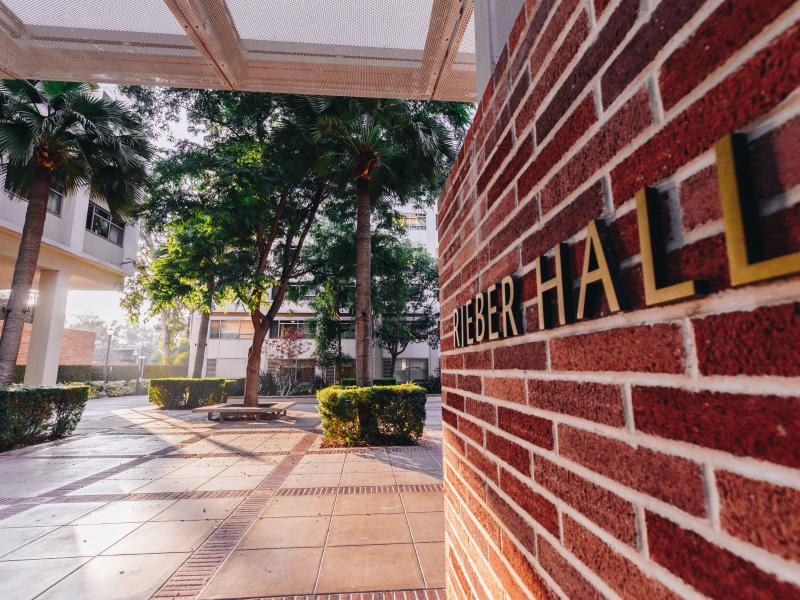
Emergency Housing
Immediate, emergency housing for students in crises. Students may have access to university-owned housing for up to 14 days.
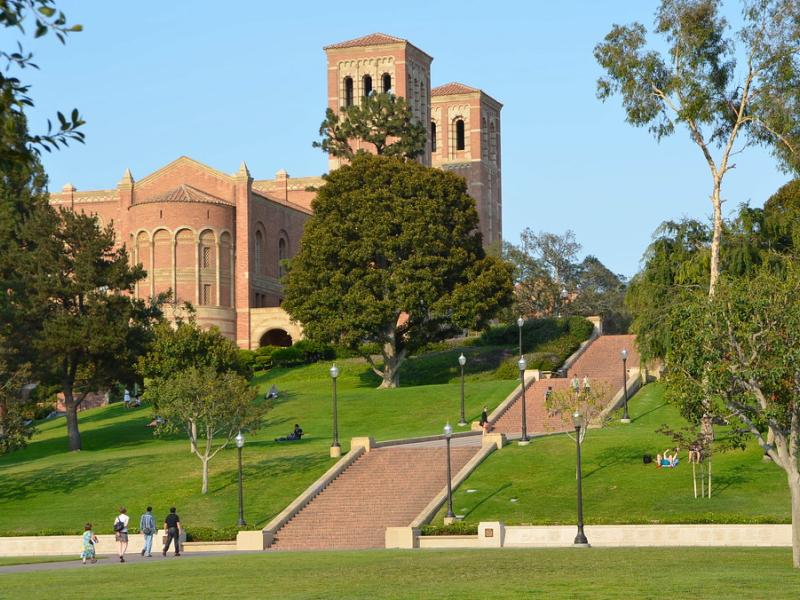
Economic Crisis Response Team
The Economic Crisis Response Team (ECRT) provides support and guidance to enrolled UCLA students who have self-identified, or are identified by UCLA faculty or staff, as experiencing a financial crisis that impacts their academic success at UCLA. They offer support through emergency housing, meal vouchers, grants, short-term loans, and additional campus resources.
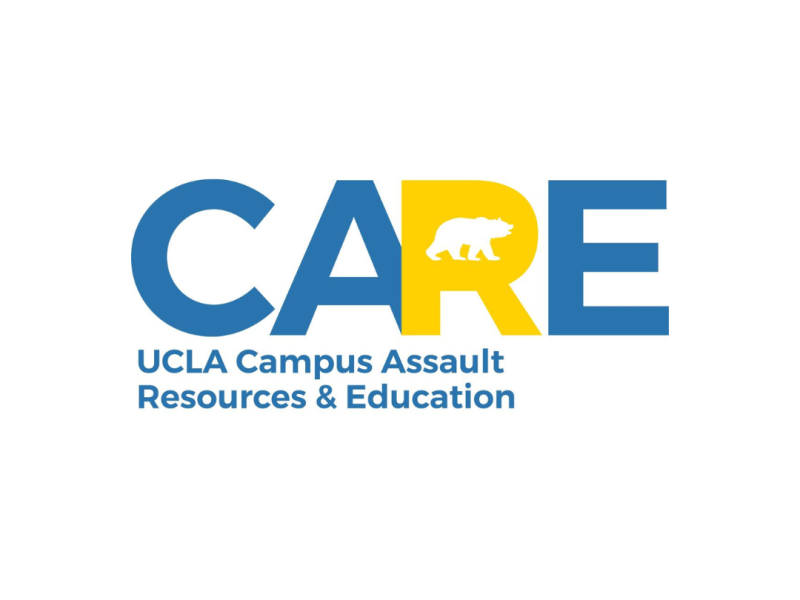
Campus Assault Resources and Education (CARE) Program
The UCLA Campus Assault Resources and Education (CARE) Program is committed to the eradication of sexual and gender-based violence through creating and sustaining a safe, healthy, equitable community for all people. CARE provides a safe place for survivors of sexual violence to get confidential support and provides education, advocacy, and healing services.
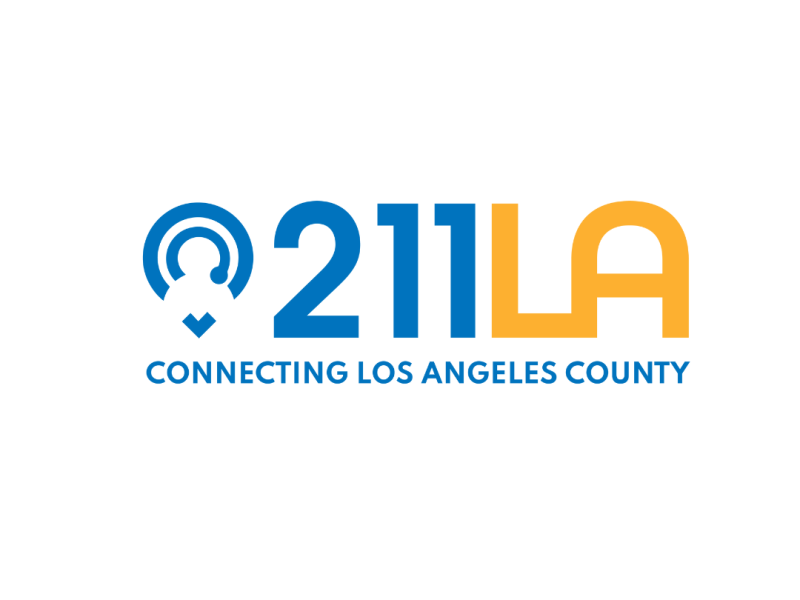
211 LA County
211 LA (or 211 LA County) is the hub of health, human, and social services for community members and organizations in Los Angeles County. They can refer individuals to healthcare services, connect people with housing and food resources, and link people to job, education, and financial support programs. They have a 24 hour 2-1-1 call line that can connect you with someone to answer all of your immediate questions, and provide access to a community calendar filled with events.
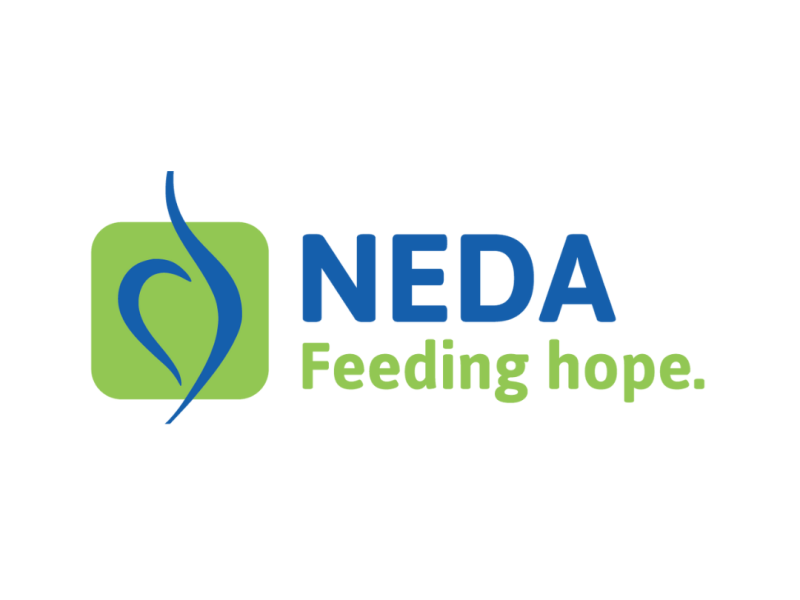
National Eating Disorders Helpline
The National Eating Disorders Association (NEDA) is the largest nonprofit organization dedicated to supporting individuals and families affected by eating disorders. NEDA supports individuals and families affected by eating disorders, and serves as a catalyst for prevention, cures and access to quality care.
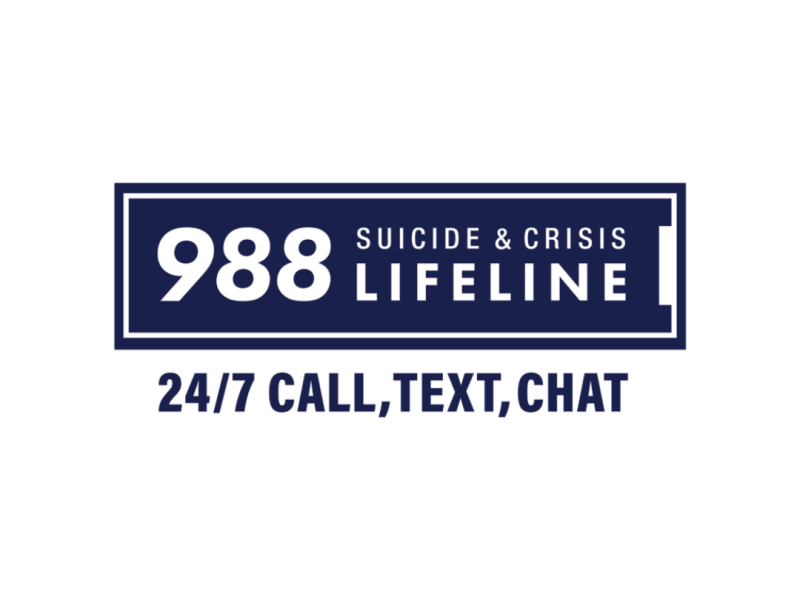
988 Suicide & Crisis Lifeline Chat
The 988 Suicide & Crisis Lifeline (formerly known as the National Suicide Prevention Lifeline) provides free and confidential emotional support to people in suicidal crisis or emotional distress 24 hours a day, 7 days a week, across the United States. The Lifeline is comprised of a national network of over 200 local crisis centers, combining custom local care and resources with national standards and best practices.
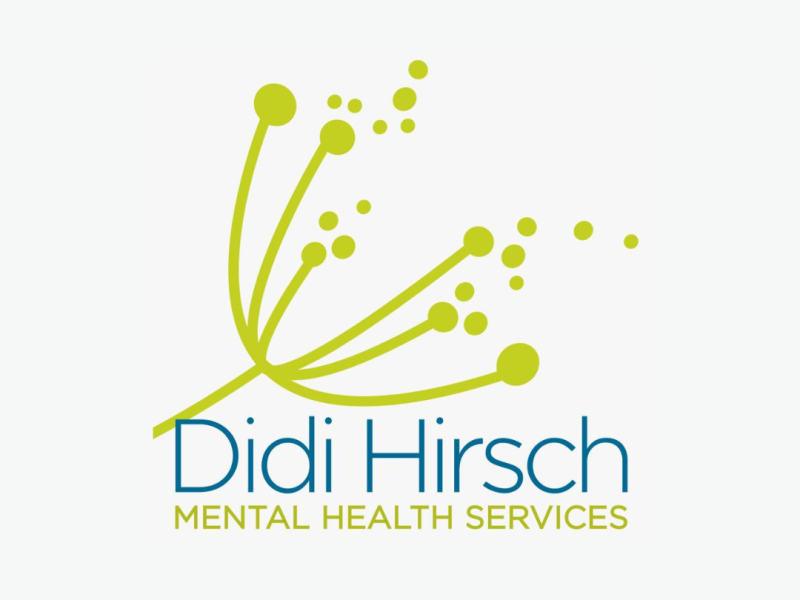
Didi Hirsch Suicide Prevention Crisis Line
Do you feel alone, overwhelmed or hopeless? Are you or someone you know thinking about suicide? Crisis services provide immediate emotional support and resources to people in distress and their worried family and friends.

Case Management Services
Case Managers are available to assist student’s struggling with mental or physical health, facing an unexpected challenge or crisis, or experiencing a personal loss. They can support students by exploring options, identifying on-campus resources, and helping students to create a plan for their next steps. Case Managers are key members of the Consultation and Response Team (CRT).
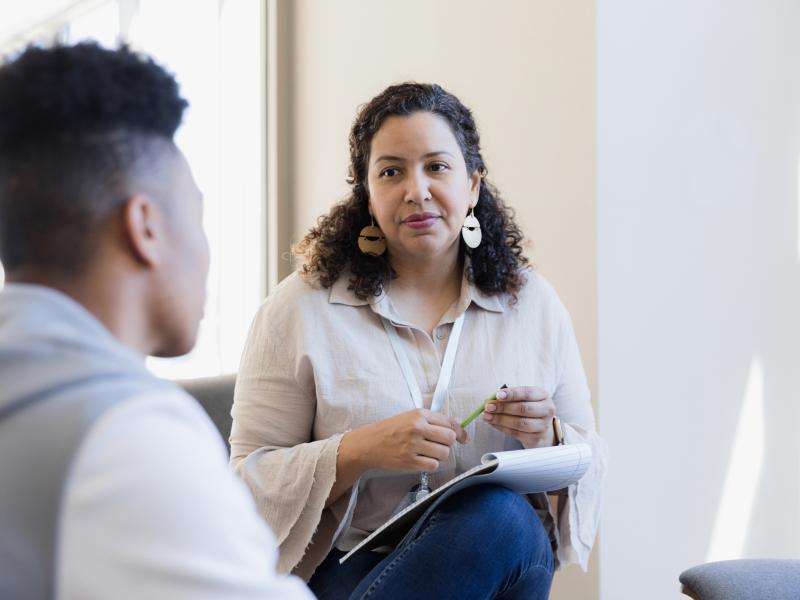
Collegiate Recovery Program (CRP)
The Collegiate Recovery Program (CRP) within the Bruin Resource Center supports UCLA students who are in recovery/are considering recovery from substance use or other addictive behaviors. Through individual support, education, and campus advocacy, CRP is dedicated to providing academic, wellness, and emotional support to students and create an inclusive environment and supportive community.

The Peer-Run Warm Line
The Peer-Run Warm Line is a non-emergency resource for anyone in California seeking mental and emotional support. They provide assistance via phone and web chat on a nondiscriminatory basis to anyone in need. Some concerns callers share include challenges with interpersonal relationships, anxiety, pain, depression, finances, alcohol/drug use, etc.
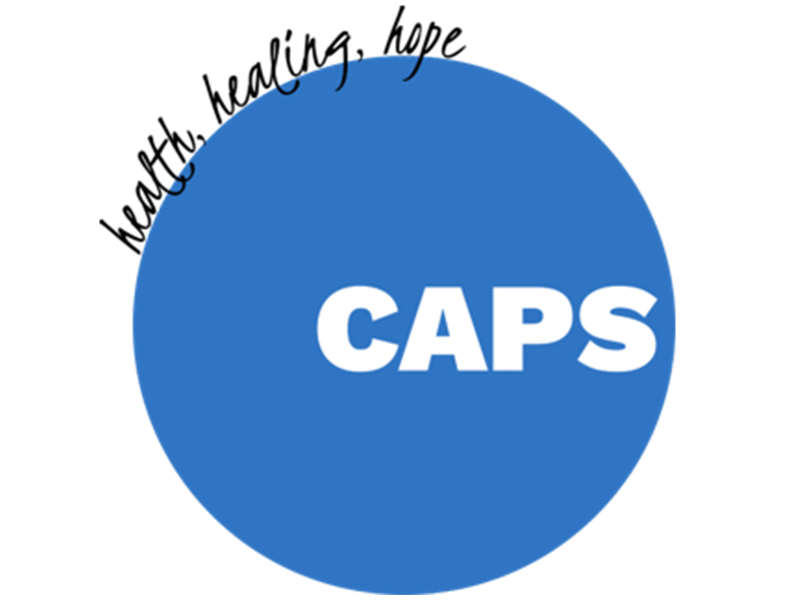
24/7 Crisis Counseling (CAPS)
Counseling & Psychological Services (CAPS) provides 24-hour resources for a student experiencing a mental health crisis. Resources include individual and group therapy, psychiatric evaluations and treatment, as well as mental health and education programs and both in-person and virtual resources for the UCLA community.

Counseling and Psychological Services (CAPS)
UCLA Counseling and Psychological Services (CAPS) supports students' mental health needs as they pursue their academic goals. Services include crisis counseling, emergency intervention, individual counseling and psychotherapy, group therapy, psychiatric evaluation and treatment, psychoeducational programs and workshops for students, staff and faculty, and campus mental health and wellness promotion.